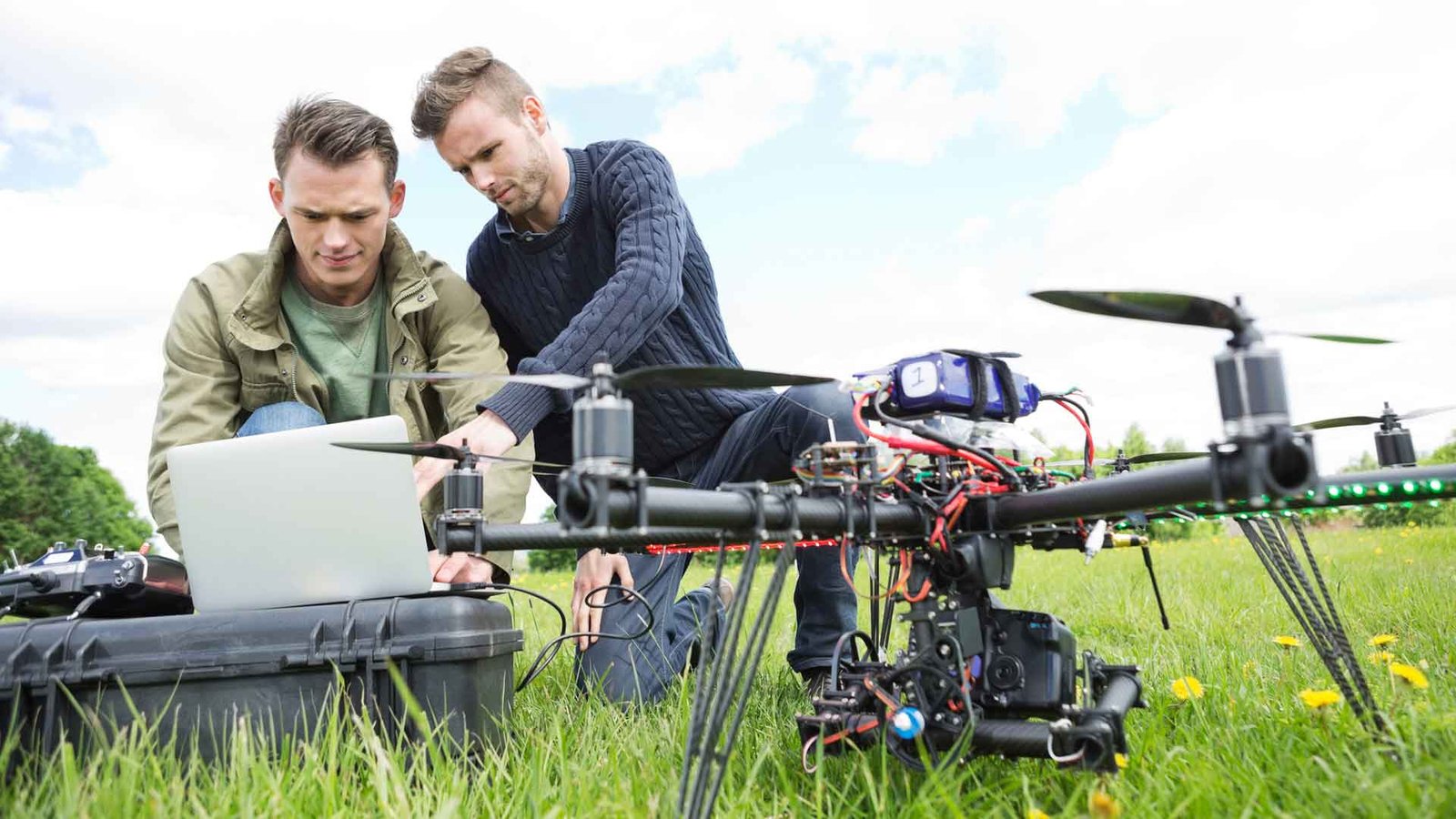The drone industry is really taking off, and many newcomers are trying to figure out how to get into it. However, breaking into the drone industry is more difficult than it seems. We’ve compiled the first seven steps to get your drone services company off the ground.
#1 An Increasingly Elevated Industry
It’s crucial to check local rules for unmanned aerial vehicles’ commercial use before starting a drone-related enterprise (UAVs). Regulations vary depending on where you live, so it’s important to know what they are before investing heavily in facilities you may not be able to use.
Do your homework, so you don’t have to deal with these headaches later. You may have to obtain some sort of certifications depending on your locality for starting a drone company.
#2 Identifying Your Specialization
After you’ve done your preliminary study on drone rules and regulations, the next step is to learn about the industry’s current state. Because you must learn how you, as a pilot or a DSP, can add value to a prospective client, this type of study is critical to your success as a Drone Service Provider (DSP). Look at construction, agriculture, insurance, energy, cinematography, and others where money is being spent on drones.
#3 Getting the Right Equipment
After you’ve figured out the ins and outs of the drone industry, it’s time to figure out what kind of drones and facilities you’ll need to meet the demands of your target market. That being said, you would clearly factor facility costs into your budget. Professional drones typically range in price from $1,000 to $20,000, depending on their capability and quality.
#4 Putting Together a Portfolio
Every project gives you the chance to expand your portfolio, which is essential for showcasing your company and the value you can provide to customers. Make your portfolio as niche-specific as possible. For example, if you’re looking to offer photogrammetry services, have models and final deliverables ready from previous customers.
#5 Set a Price for Your Work
You should price your services in a variety of ways. The simplest method is to charge an hourly or monthly rate. Your rate will, of course, be determined by your portfolio and level of experience. The more jobs you fly off a certain kind, the higher your rate should be for those projects.
#6 Obtaining Clients and Marketing Your Company
Getting new customers is a difficult task. You can take a variety of approaches, including building a strong social media presence, cold calling/emailing, and networking with existing contacts and asking for referrals.
#7 There Is No End to Learning
All of the above information just scratches the surface of what it takes to start a drone company. You must continue improving your talents, extending your understanding, and establishing your commercial drone professional expertise to succeed and be a successful company.
It’s critical to step outside of your comfort zone and continue learning and expanding to establish a drone business. It will be difficult, but it will be worthwhile.















